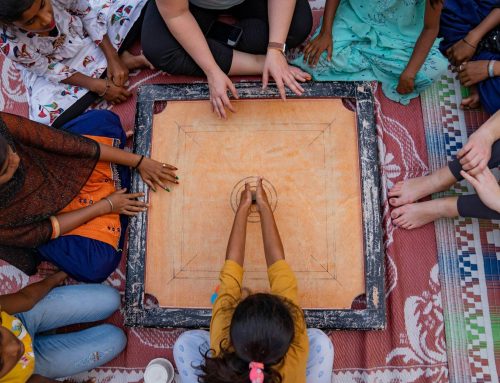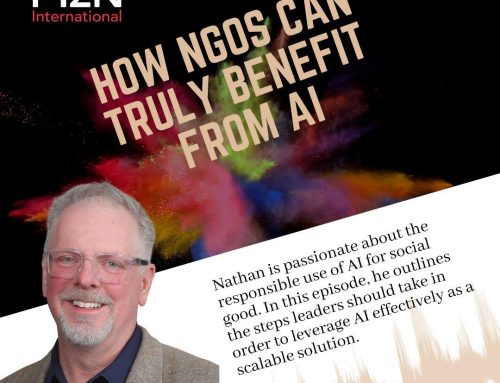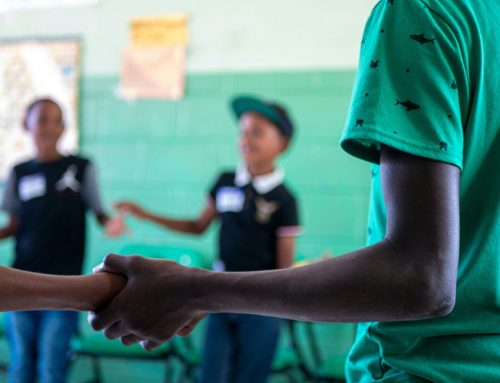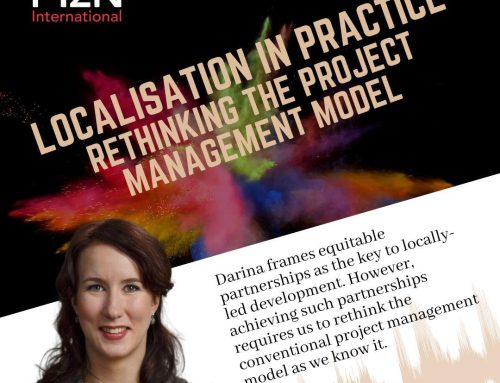I have worked in foreign aid and development cooperation across four continents for over a decade now – every year, just before Christmas, my friends and family message me, asking me which charity I recommend donating money to. I respond, hoping to channel some much-needed contributions to worthy causes. This year, however, during the COVID-19 outbreak, many people wanted to know which organisations rely on our funding to help detect and prevent further pandemics. This got me thinking about the motivation behind our charitable acts. In addition to the obvious moral reason for giving, the current pandemic has triggered a more strategic one: By investing in international health and development programmes, we are ultimately helping ourselves.
The pandemic has triggered a more strategic motivation for giving.
Take the Ebola outbreak in Western Africa, for instance, which killed more than 11,000 people in 2014-16. Each death is tragic, but the outbreak could have easily become a pandemic had it not been contained. When the disease emerged, health workers – funded mainly by the US government, Gates foundation and Rotary International – were able to use pre-existing infrastructure from a polio program that had been established in Nigeria. They were able to quickly identify, track, report on and help isolate cases to avoid the spread. In fact, it was done so efficiently, it was barely noticed by the public.
Two things were essential in preventing the Ebola outbreak from becoming a pandemic:
- There was a relatively well-funded, established, professionally run disease eradication program that could refocus quickly.
- Though more deadly, Ebola is less contagious than COVID-19, for example.

Working in Indonesia 2013 on a local health project. Chris collects data to track a flu outbreak in a refugee camp
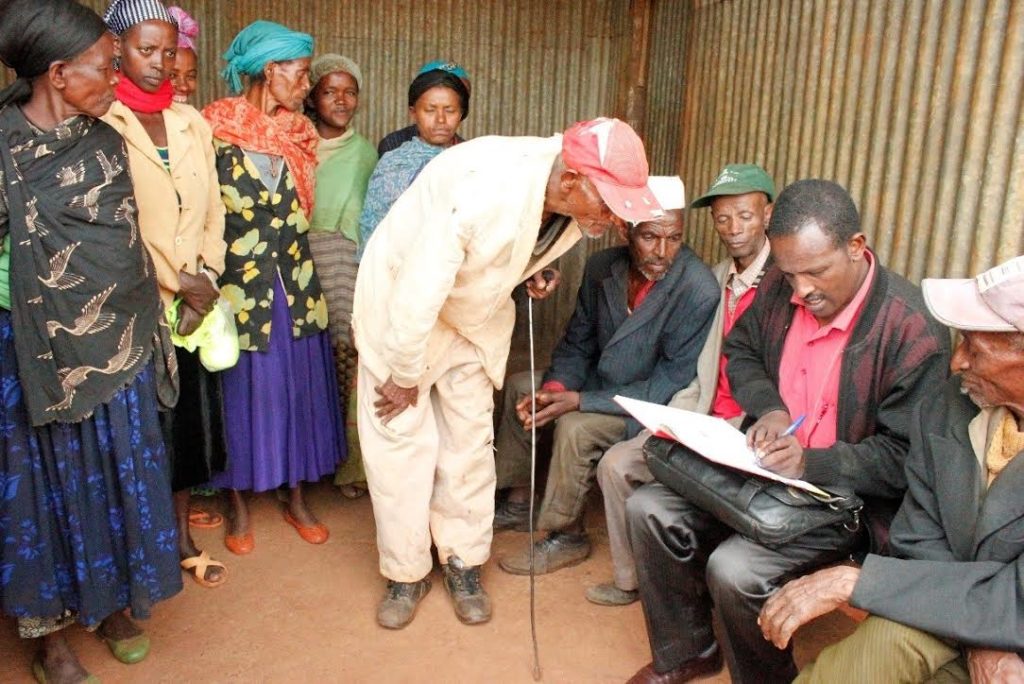
MzN staff setting up a health clinic in Kenya in 2016
Without wishing to induce nightmares or create the script for the next “The Walking Dead”- series, let us for a moment assume that COVID-19 was nothing but a test run for an equally contagious yet more deadly disease. The Coronavirus has killed nearly 2 million people to date, but epidemiologists forecast that another virulent flu could kill as many as 30 million people. How would we deal with an epidemic that kills, say, 20% of those it infects?
The answer is mercifully simple – and does not make for good apocalyptic TV.
We, the taxpayers and charity supporters, need to give more to build international programmes, aid and development cooperation. The simple fact is that investing our hard-earned cash into strengthening, for instance, Nigeria’s, Bangladesh’s, Croatia’s or Guatemala’s health care system is more than a charitable gesture – it is an investment in our own health. When considering the returns in developmental aid, the investments are certainly justified.
The current pandemic provides us with a strong investment rationale:
A World in Disorder, the 2020 annual report from the Global Preparedness Monitoring Board (GPMB), an independent body created by the World Health Organisation (WHO) and World Bank, estimates the current worldwide response costs to be at $11 trillion, not including a $10 trillion loss in future earnings – a tremendous sum of money.
A decent investment in development aid helps prevent pandemics.
Contrast that to what is needed to significantly reduce the likelihood of another pandemic: A ten-year investment total of $42 billion to $63 billion, according to McKinsey & Company. Though sustained and smart investments in health care systems cannot fully mitigate the threat or damage of future pandemics, it makes as much sense to invest here as it does to buy fire insurance for your home.
The same preventive measures can be applied to other global issues. We can avoid the negative effects of the refugee crisis by rebuilding and helping bring peace to the countries migrants originate from. As we learned so profoundly in 2001, and frequently since, terror does not stop at national borders either. We can minimise the threat of terror by investing in democracy, human rights and better economies in conflict zones. In other words: If we want to live without terror, we need to invest more into global peace. The alternative, as US General and former Secretary of Defense James Mattis famously said, is more unrest: “If you don’t fund the State Department fully, then I need to buy more ammunition ultimately.”
To live safely, peacefully and justly, we need to invest more into global safety, peace and justice.
Although the US State Department and USAID are major contributors to international development, aid and diplomacy programmes, the US has considered significant budget cuts in foreign aid. The UK has also recently made the decision to cut aid by about 25% and increase defense spending. In my opinion, this is a fatal step in the wrong direction if these countries aim to stay global, safe and healthy.
In a globalised world where boundaries are fluid, walls and isolation are ineffective. Viruses, terrorism, climate-induced mass migration, business supply chain disruptions, etc. are not limited to certain countries. The same goes for underdevelopment: Sooner or later there will be global repercussions. In an increasingly interconnected world, we are only as healthy, wealthy and happy as the sickest, poorest and unhappiest person is. In simpler terms: What affects others directly, will eventually have an (in)direct effect on us, too.
What affects others directly, will eventually have an effect on us too.
Regarding my MzN International colleagues and myself: Our moral values provide us with all the motivation and justification we need to invest and work in developmental aid. We believe that it is simply unethical to let a fellow human being – or any living being, for that matter – unnecessarily suffer due to entirely avoidable causes. However, in a globalised world, empathy is no longer the sole reason for investing in others – our own health, wealth and security depend on it, too. The COVID-19 pandemic in 2020 has made this clear. I can only hope that everyone, including those messaging me every December, will come to the same conclusion and make a conscious investment in development and aid – not just at Christmas.


